We are back for day 2 and ready as ever. Everyone definitely felt a lot more relaxed and from the get go people were communicating with each other. We were welcomed back by Bernd and Christian and without wasting any time we jumped right into the first talk with Frank Karlitschek. Frank talked to us about “First hand experience: How Nextcloud stayed productive during COVID-19”. A very relateable topic for a lot of us that have spent a lot of time in home office and have had to change our way of working. Flexibility, communication and trust with remote work were key points and how we should act with our employees due to the change in environment. He also showed us some of the cool features that Nextcloud has to offer.
The great Migration

Nadja following Paul’s talk.
Paul Puschmann from REWE Digital was next to the stand and talked to us about “How we finally migrated an eCommerce-Platform to GCP”. Paul explained what was needed to transition their Platform to a Google Cloud Platform and how he managed to do it. He showed us the uses of Consul and the possibility of sharing it across more virtual machines and its functionality within Docker containers. There was a lot of discussion in the stackconf Rocket.chat and there were a lot of great questions that Paul managed to answer both in his talk and on the channel.
“Monitoring Microservices The Right Way” was the next talk for today, which was presented by Dotan Horovits. Dotan talked to us about how the shift to microservices came with it’s difficulties with the introduction of Docker and Kubernetes. Dotan went over flexible querying over high cardinatlity and the requirments needed to monitor microservices efficiently with scalability to handle large volumes of metrics.
We took a short break with talks about Icinga and board games and UNO rules (you know what I mean). Back to the talks, Rodolpho Cocurde talked about his topic “Fuzzing: Finding Your Own Bugs and 0days!” Rodolpho is a penetration tester and is also an author in several magazines like Hakin9 and Pentest Magazine. He talked to us about the ever important issue on security and the different types of attacks, targets and an interesting fuzzing script in Python. He also demonstrated a great demo of how you can infiltrate malicious code with a buffer overflow through an mp3.
Developer on-call 24/7
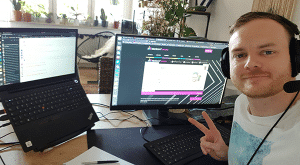
Hello! Me at Tom’s talk.
Our next speaker Tom Granot spoke about his talk “On-call done right: how even a developer can help”. He showed us the Oasis Stack and how one develeper is on-call in order to stay active 24/7. Tom went on to talk about the wealth of tools available to developers to use in order to decipher problems that may arise in an area they are unfamiliar with. Not only that but also the things these tools don’t tell you and being able to “read between the lines”. Tom then demoed how to debug and check through services and transaction resources to find the cause of the problem when on-call.
During the lunch break Christian showed us the setup for Openstack and how everything is produced, which was a really nice insight as to what is going on in the background.
“Stretching the Service Mesh Beyond the Clouds” was the first talk after the break shown by Rosemary Wang. She demonstrated the uses of a service mesh, it’s advantages and disadvantages and the extra benefits of “streching” the mesh. Rosemary showed a typical topological map of how the services can be configured and the use of Consul and Terraform. The service mesh was then split over both a datacentre and a cloud which is great as it offers one place to control retries and error handling and progressive delivery across all environments. We saw a successful canary deployment and a manual reduction and redirection of traffic.
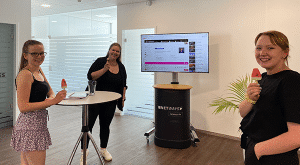
We all scream for icecream! 😛
Serhat Can joined us next to talk about “How DevOps changed the way we operate software”. Serhat spoke about the way software teams work together and the need for a shared responsibility. It is easy to push the blame onto another team, but what is needed is leadership support, transparency and ownership. He then compared software teams to formular one teams in a great analogy, where the expection should not just lie in one area, but the teams should be able to interact and take part in a variety of different departments.
How Agile are you?

Flo spotting Martin.
The next interesting topic came from Martin Hinshelwood with “The Tyranny of Taylorism and how to spot Agile BS”. Martin started off with some figures on what companies say they do and what they actually do. He then gave a quick recap of the management and work practices through the years and how they hold up today. Martin then engaged the audience with a series of truth questions that asked us whether or not our own companies are following the Agile guidelines, very creative!
After a quick break and discussions about board games and anime, we were joined by Lakmal Warusawithana who talked about “Reference Architecture for a Cloud Native Digital Enterprise”. Lakmal discusses the structure and operation on cloud native and the way the different tools are integrated. He tells us about how an API-led integration platform creates effective architechture and helps expand management capabilities. These capabilities help increase flexibility and productivity within a team.
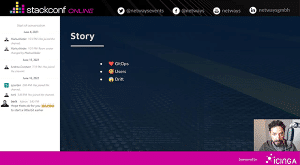
Stephane’s Story: GitOps, Users, Drift
Our penultimate speaker for the day is Stephane Jourdan and “Why you should take care of infrastructure drift”. Stephane introduced IaC (Infrastructure as Code) users, their causes, consequences and also solutions and understanding drift. He then showed us a demo of how using driftctl can easily identify a problem with admin access and security groups from real world problems he had encountered. Driftctl could really save you from an embarresing talk with your manager!
Monitor everything with Thola
Last but definitly not least we had Tobias Berdin and “Introducing Thola – A tool for Monitoring and Provisioning Network Devices”. Tobias demonstrated the problems in monitoring by sending generic requests when specific requests are needed. This is where Thola comes in. It is compactly integrated into Ansible and serves as a unified interface for communication for a variety of devices with the added opportunity of creating additional device types.

Games, yeay!
The atmosphere from todays event was really great and one of my favourite things of the day was the amount of communication. Everyone really loosened up and got into the conference feel by chatting and joining our digital stackconf on Work Adventure. After the event there was a chance to relax and play some video games with everyone to help with the lack of seeing each other in person. Stay tuned for the final day and keep in the loop on our Twitter @NetwaysEvents.
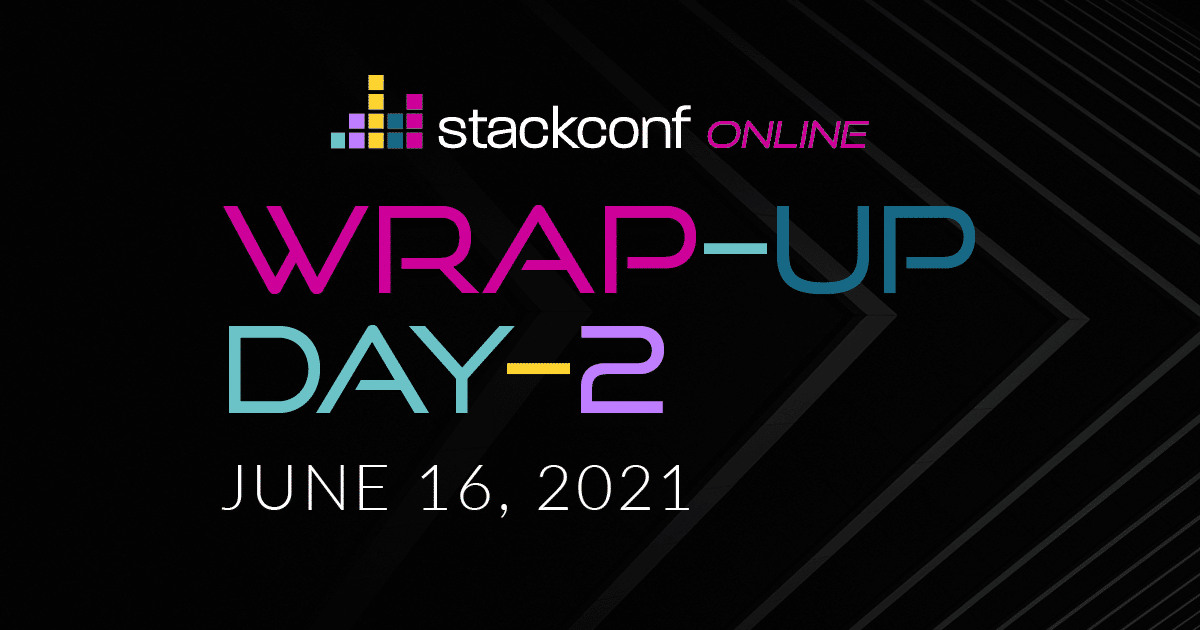





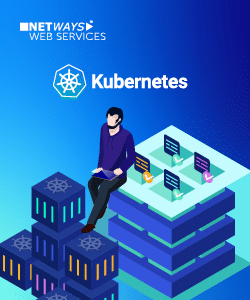
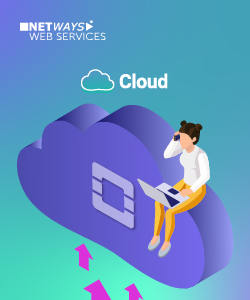
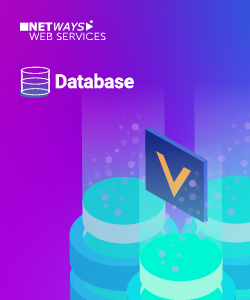
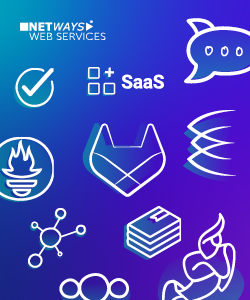
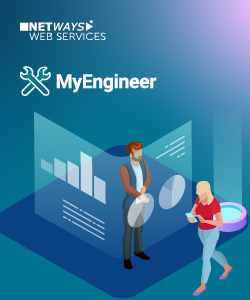
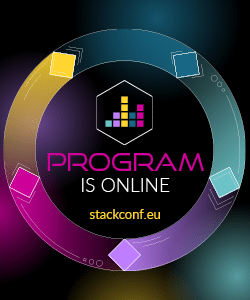

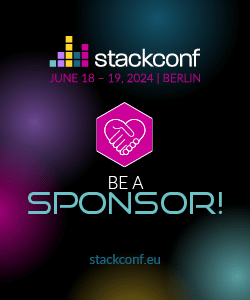
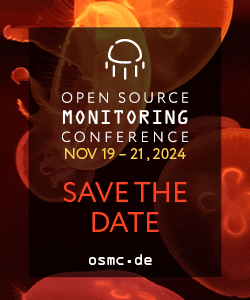

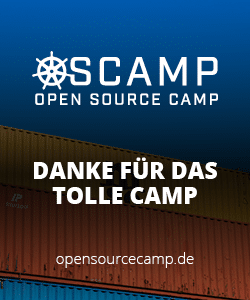

0 Comments